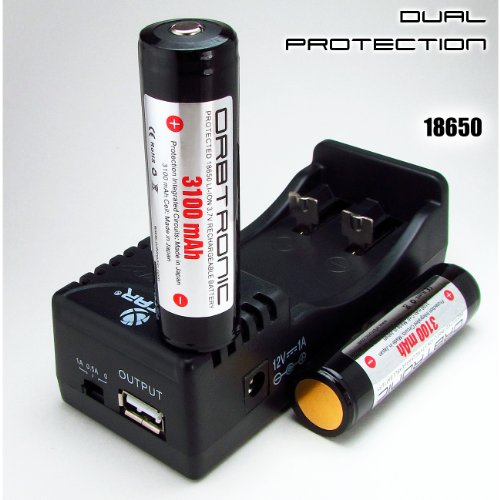Slow charging a battery, especially one that has been fairly well drained, is always a better option for battery longevity if you have the time. Fast charges cause them to heat up more and can shorten their life, so if you have time to leave it on a slow charge overnight you'll be doing the battery good in the long term. You may also find you get more mileage out of it than if you only ever do fast charges.
Lithium batteries are also supposed to not suffer memory effects, but I have found with a variety of devices that keeping them continually topped up is not the path to best possible runtimes - instead draining them to a fairly discharged (but not dead!!) state before fully charging, which gives me better results. I do this with my phones and my laptop and I get great battery life - up to three days out of my iPhone - where I found that many people's recommendation of charging every night (whether drained or not) actually saw my battery meter draining much quicker.
My general observation with lithium batteries is that they don't like too much of one thing - don't keep them on the charger (in the case of laptops) continually, but neither should you constantly drain them to death. They're not like lead acid (car batteries) which pretty much have to remain constantly fully charged to have a healthy life.





